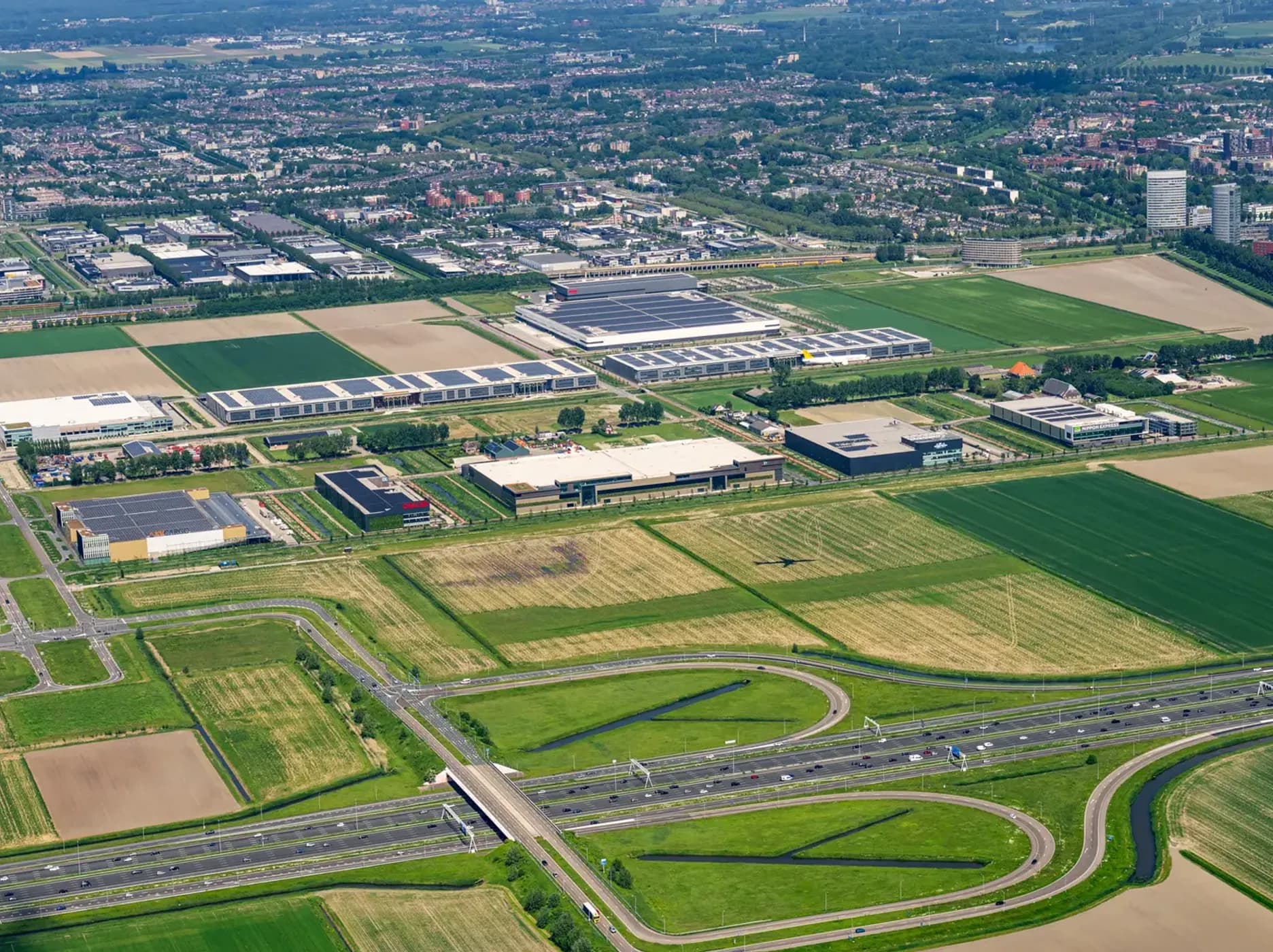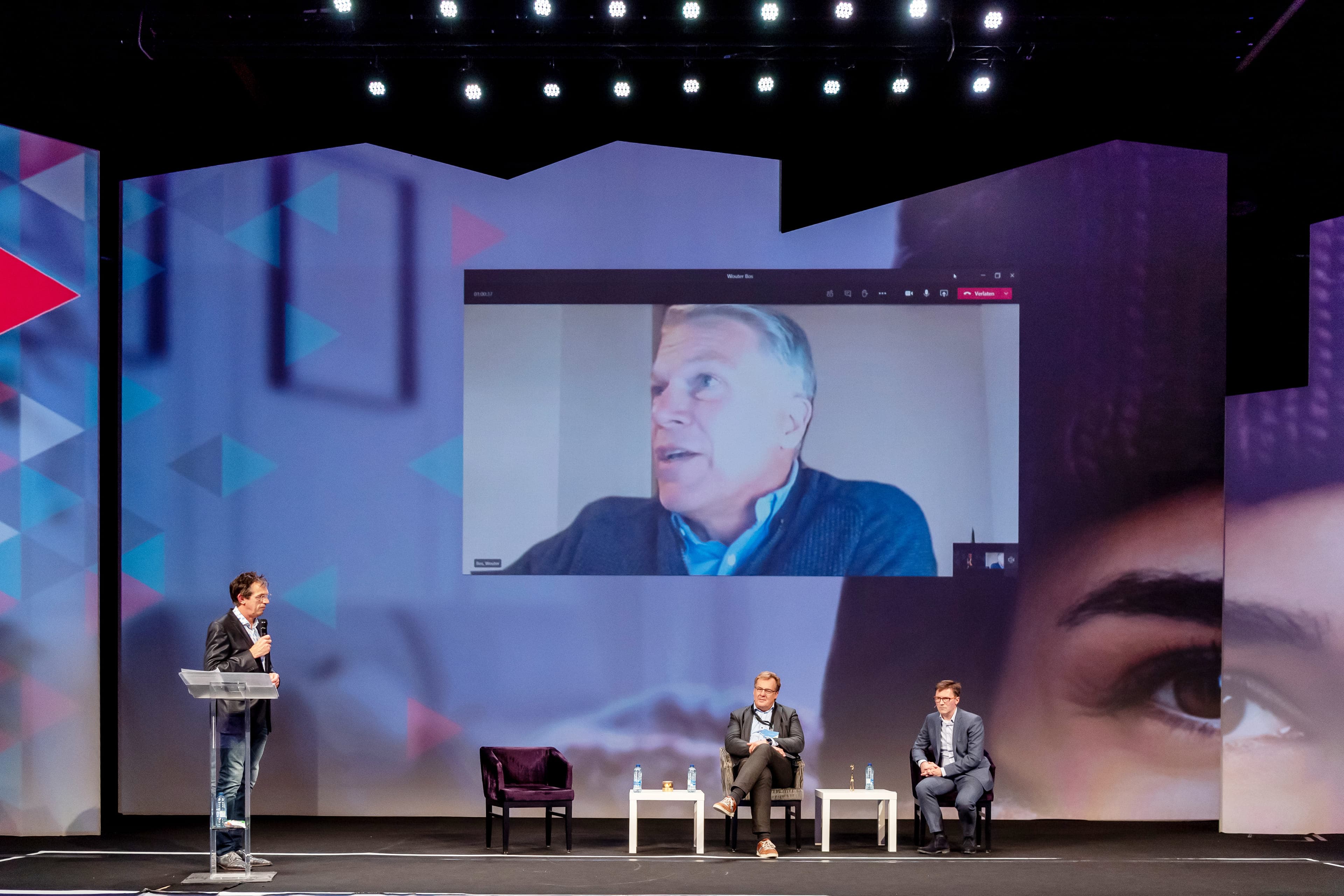
New legal toolkit helps companies set up energy hubs with GTO
26 januari 2026
October 14, 2020
5 minutes

Last Thursday I was a guest at the Energy Reinvented Community event – online, of course. The theme for the day was the heating transition. At the event, we talked about our collaboration with EBN and the Regional Energy Strategy (RES) for Rotterdam and The Hague. EBN is the state participation that monitors underground energy resources for the Dutch state. Until recently, its focus was almost exclusively on natural gas but now includes geothermal resources.
Our very own Abo Rassa and Khalid Sheikh represent Invest-NL in this partnership. The topic under discussion was the heating infrastructure in the region, as part of the plans that the RES is required to draw up in compliance with the Climate Agreement.
The first question directed at me got straight to the point: is Invest-NL going to finance the heating network in the region? I couldn’t see who had asked the question so there was no telling whether they had euro signs in their eyes.
My answer may have been a little unsettling for some: “It’s hard to say. We still have a long way to go.” I’ve noticed it’s an answer that often seems at odds with the expectations that surround heating networks. All the more reason to make good use of the opportunity to explain our position.
There are, of course, very simple heating networks that operate from one source to one user. In most cases, these are already being financed, so there’s no need for us to get involved. The main financing issues emerge when it comes to regional networks. In that case, you are dealing with a whole range of stakeholders, uncertainty about supply and demand, and complex risk and investment analyses.
Stephan Brandligt, an executive councillor from Delft with responsibility for this issue, illustrated this point perfectly when he mentioned in passing that this particular RES region involves 23 cooperating municipalities and water boards, as well as the provincial authorities. Imagine the effort involved in keeping everyone on board, in building consensus and, all being well, in securing wider public support. Not to mention the challenge of organising democratic control in such a complex field.
And then there’s the matter of supply and demand. Exactly how stable is this kind of heating supply? The answer will differ depending on whether we are talking about residual heat from industry, deep geothermal energy or heat from surface water, waste water or other sustainable sources. And the other side of the matter is at least as complex: how stable is demand? After all, won’t we see a huge drop in demand over time as houses are fitted with better insulation and well-insulated new builds start to occupy an increasing share of the total housing stock?
Or look at the Heating Supply Act. What do we do in the public sector, what do we leave to the private sector, and who takes responsibility for what? Is it acceptable for heating prices to differ from one municipality to the next because of the differing balance between supply, demand and infrastructure in different areas? And who is going to supervise all this? Should it be possible for a heating provider to go bankrupt and if so, who will pay the price? And what if temperatures plummet to minus 18 in the middle of winter: will delivery still be guaranteed and who will be held to account?
What role will the newly established National Growth Fund play in financing heating networks? And do public subsidies also mean a corresponding level of public control? In this area, too, much is still unclear. With one exception: as long as this lack of clarity – and therefore the possibility of ‘free money’ – is still on the table, parties will not be likely to ask for relatively ‘expensive’ financing.
All things considered, we have plenty of work ahead of us. The heating transition in the Netherlands calls for new technology, new business models, new value chains, new parties, new agreements and new governance. In these areas, too, we see a task for ourselves as Invest-NL. Our aim is to make financing possible where it didn’t seem possible at first. Part of that aim is providing capital, but there is so much more. Bringing stakeholders together, getting to grips with the problem and constructing a solution together are every bit as important and often at an earlier stage. And then, of course, the question of hard cash must be addressed.
All the while, the clock is ticking and pressure is building. The Climate Agreement is already in place and it’s up to the regions to take action. In any case, we are fully involved in this region, with the initial aim of finding answers to financing questions as quickly as possible. Preferably with an approach that not only benefits this region but also results in a best practice that can be rolled out across other regions where these same issues are giving everyone sleepless nights!
Wouter Bos
CEO Invest-NL